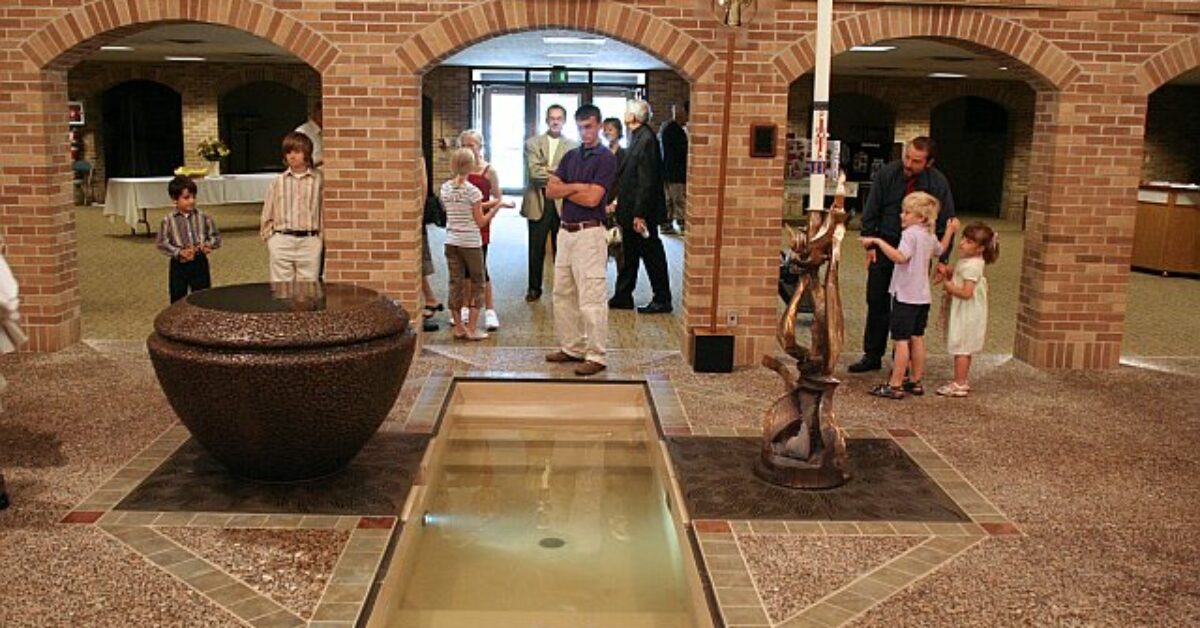Un-catechesis: Catechesis during the Period of Enlightenment
Lutherans tend to approach catechesis in a one size fits all mode. Grounded in Luther’s Catechisms (which is, of course, a good place to be grounded), the approach is often fairly uniform across times and locations. It is very intellectually-focused, seeking to expose the catechumens to what Scripture and the church teach so that they might own it and confess it themselves. The pastor as pedagogue (hear: lecturer) has predominated. The catechumens become passive recipients of rich doctrinal content.
I am not suggesting that there is no place for this approach. Nor am I suggesting that the handing on (tradition) of doctrine is undesirable. But there are other ways in which catechesis can take place. And a prime opportunity for such a different approach to catechesis, or Un-catechesis, is during the period of purification and enlightenment. This period aims to facilitate the final steps in the process of the elect’s conversion, a process that most often culminates at the Triduum with the elect’s participation in their baptism, anointing, and the Lord’s Supper. Catechesis during this period focuses around reflection on the experiences the catechumens have had throughout the catechumenate and that they will have during the season of Lent. This intentional reflection intends to lead both the elect and the church into discernment. The elect should discern their readiness for baptism, for participation in the life of the body of Christ, and for the journey into a life lived by faith in the Triune God. The church should discern how ready they believe the elect are for those same things. Catechesis in this period aims to facilitate that reflection for the sake of discernment.
Central to are reflective questions and both corporate discussion and individual conversation about those questions. The questions should encourage the catechumens to reflect on the experiences of the catechumenate: hearing the Word in the Sunday divine service; anointings and blessings they experienced; the practice of prayer; discussion of the Word of God and the church’s teaching; and their conversations in the catechumenate group and personally with catechists and sponsors.
During the period of Enlightenment the elect will continue to break open the Word, but—as Dr. Schuler indicated last week—will consider the primary biblical narratives used throughout Lent that focus on the encounter with Jesus as Savior and Lord. They will reflect on the implications for them personally of meeting Jesus through these readings and their preaching. They will reflect on the significance of the scrutinies in which they renounce the devil, sin, end evil; their reception of the Lord’s Prayer as their own model of prayer and of the Creed as their personal confession within the church’s confession of the Triune God. The catechesis should prepare them for their 3-day journey into God’s life in Christ culminating at their experience of baptism, anointing and the Lord’s Supper at the Easter Vigil. The Un-Catechesis of this period should not primarily download doctrinal information to them—although there will certainly still be some of that—but it should unfold their experiences in and through the Word of God. Doctrinal unpacking will continue in the period of mystagogy after they are baptized. As Roman Catholic Timothy O’Malley says, “Lent is not the time for such explicit instruction of the catechumens. It is time to enter with the elect into the desert, to walk with them as they prepare to become sons and daughters of the living God through baptism, confirmation, and the Eucharist (Divine Blessing: Liturgical Formation in the RCIA, 112). The catechesis in this period prepares them for the ongoing transformation of their identity. It is catechesis that directs them, in the words of Welcome to Christ, “to live in the covenant of their baptism . . . and lead godly lives until the day of Jesus Christ” (44).
